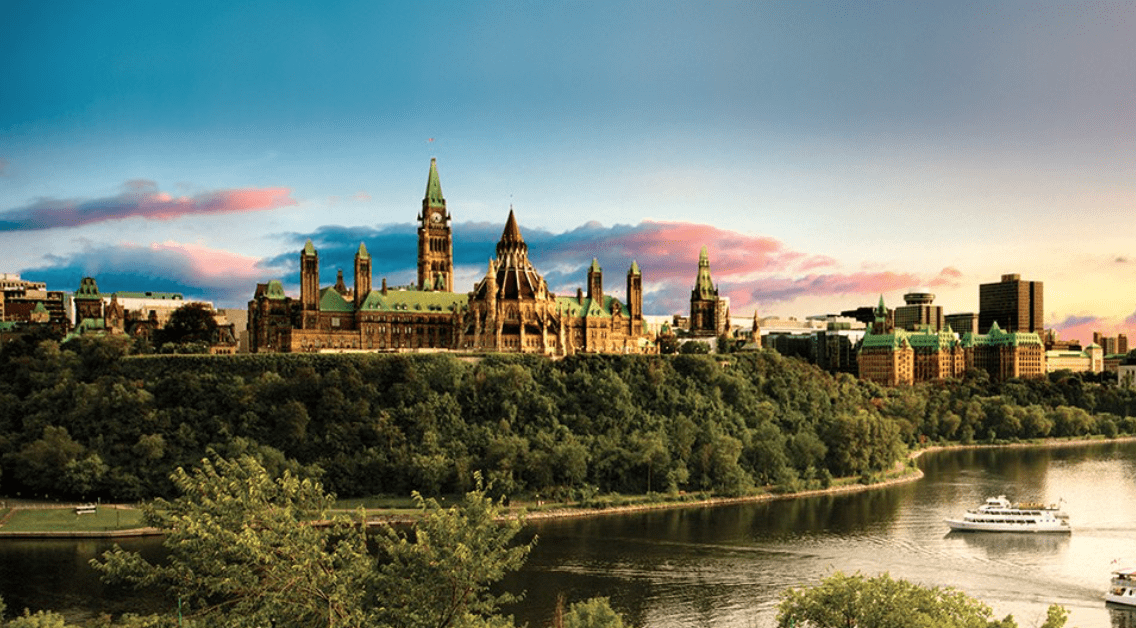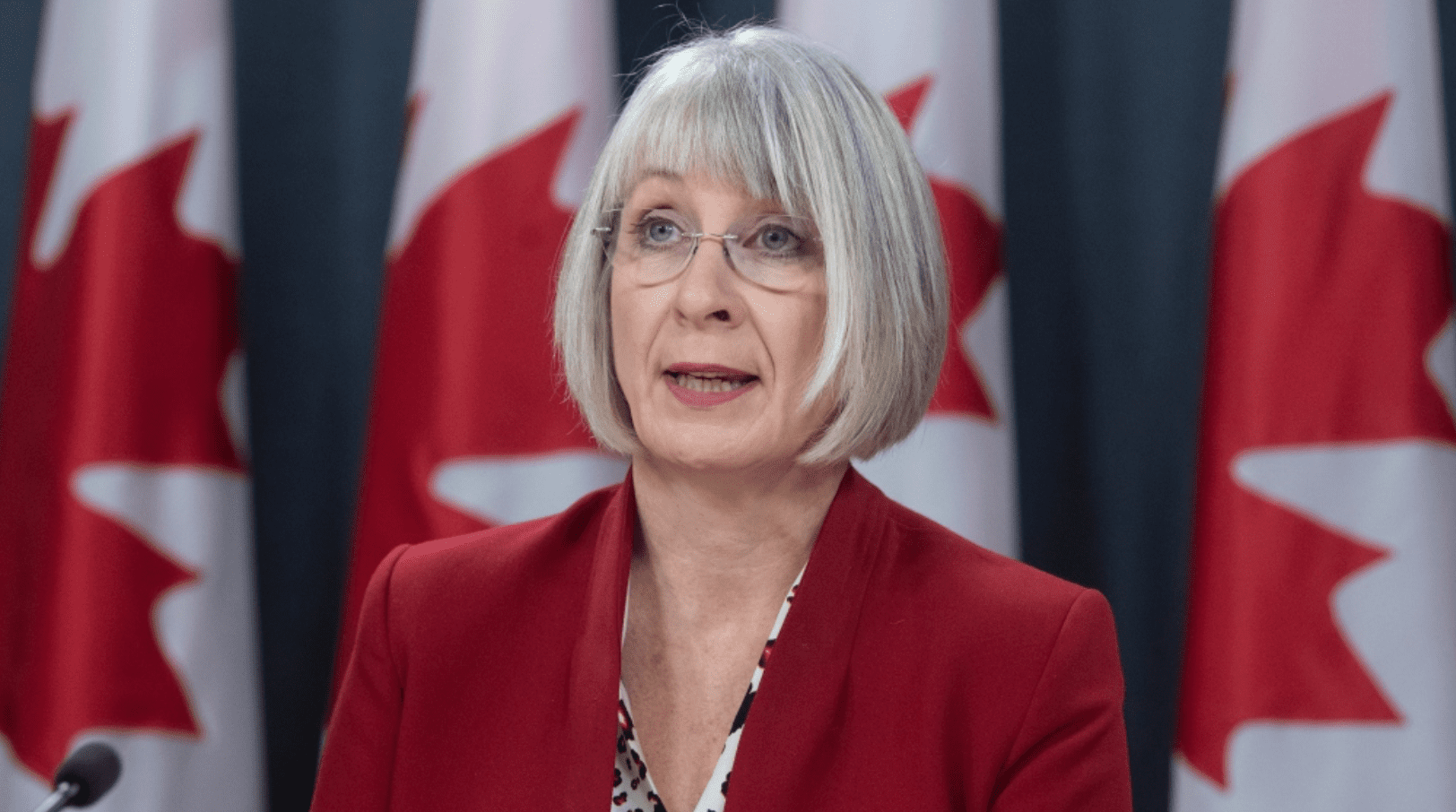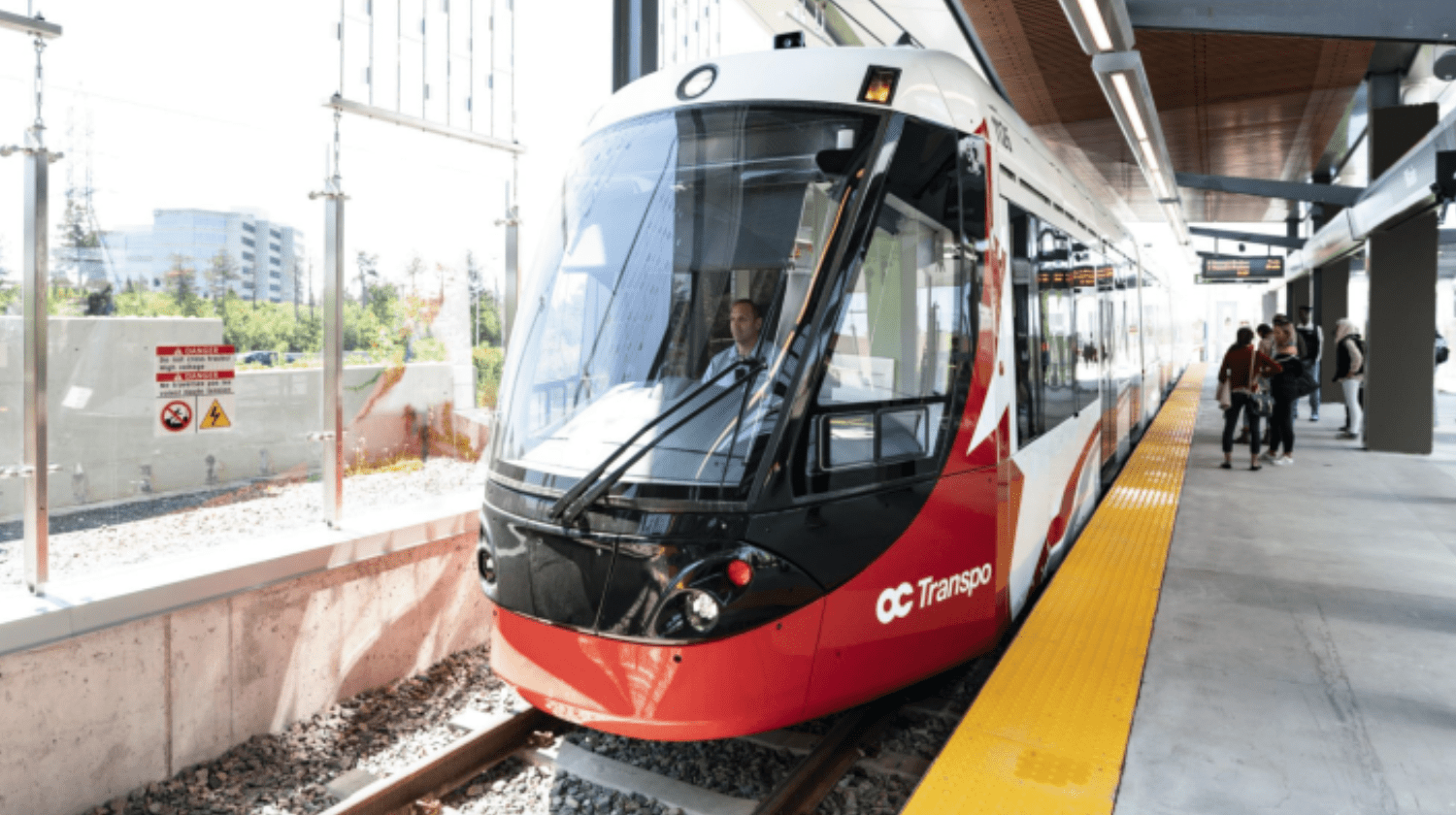In light of the declaration that COVID-19 has become a global pandemic, and the fact that the prime minister is in isolation for two weeks after his wife tested positive for the virus, and two ministers, and several MPs have begun self-isolation because they or members of their families have felt ill and are awaiting test results, the inevitable question about whether or not to suspend parliament is now an active discussion. It's not one that should be taken lightly, because one of the biggest risks with a pandemic situation is actually over-reaction, which can have grave consequences for public health. At the same time, we also can't avoid the fact that Parliament is an institution that has to operate in a face-to-face capacity, and politics is a tactile business social distancing can be hard given the configuration of the House of Commons, the Senate, and the committee rooms, and for a profession that places so much emphasis on shaking hands and kissing babies, as it were, it can be difficult to break those habits.
Complicating this is the fact that there is a budget upcoming, and there is a great deal of uncertainty as to how long social distancing measures will need to be taken in order to effectively "flatten the curve" of infections. But the budget is not the immutable force on the calendar that it should be, thanks to years of divorcing the budget from the Estimates process. Because the political document that is the budget has once again been unmoored from the Estimates after the Liberal reforms of the process failed and they have apparently given up on them for the time being, there is no actual requirement that the budget be tabled before the Main Estimates (which were tabled at the beginning of March), so the actual political document and debate around it can wait if need be. The real drop-dead date that Parliament needs to worry about is for those Estimates to be concurred in, which doesn't need to be until mid-June, so there is time for Parliament to take a break if need be. (There is also talk of speeding up the passage of the New NAFTA bill through the Commons and Senate by Friday, so we'll see if that happens).
So, should Parliament shut down for the time being? And by shut down, I mean suspend the sitting as opposed to proroguing, because that creates added complications if it needs to be recalled quickly for any reason. At this particular stage, I would argue against it, because one of the biggest dangers in an epidemic situation is overreaction, and Parliament suspending could be a sign of just that overreaction, and creating further panic where Parliament going about its business could project to the country that sense of keeping calm and carrying on. It would mean additional precautions, and it sounds like they're ready to implement them, such as stopping tours and keeping visitors out of the building and galleries for the time being, which will help to limit the exposure, and these are measures that the Senate has already announced they will take.
This having been said, if the decision to suspend the sitting is taken, I would argue vociferously against any kind of cockamamie notion about conducting Parliament on-line or remotely, as some have suggested. It's not that videoconferencing technology doesn't exist though I'm not exactly sure how they think it would work with ensuring quorum in the "Chamber" or how Question Period would happen exactly via Skype. There is a risk of contagion when it comes to attempt to conduct proceedings remotely, but it's not viral contagion so much as it is creating justifications for MPs not to show up. We've already been hearing calls to explore online options to make Parliament even more "family-friendly," with video-conferencing and remote voting, but that would only ensure that our already weakened state of Parliament would slide further toward futility.
I worry a great deal that creating incentives for MPs to no longer show up in Ottawa, because they are given the option of working "remotely" from their constituency office and while initially it will be for the sake of new parents, but that will quickly turn into other justifications as well. We already know that many MPs feel their constituency work is more fulfilling than their parliamentary duties never mind that constituency work isn't actually part of their job description, and is something that is a recent development and has taken the time and resources away from their actual jobs of holding the government to account and scrutinizing the Estimates and Public Accounts to do that. Creating incentives to move further in that direction will quickly turn into a competition which MPs can spend more time in their ridings, and it will hollow out the House of Commons.
Parliament needs to be conducted face-to-face it's not just the debates and the committee hearings, but more importantly, it's the relationship-building that happens along the sidelines that is the most important part of Parliament. It's the invisible parts that people don't see on CPAC or ParlVu. When MPs stopped eating dinner together three nights a week, back when we still had evening sittings, the collegiality of the institution started to decay, and it polarized, so much so that many MPs avoid socializing with members of other parties now and in fact are being told not to by their party leaders' offices. This is bad for democracy, and it will only get worse if more MPs dial in from their constituencies.
So long as MPs and senators can take reasonable precautions in the face of COVID-19, they should carry on as normally as possible. But if they do need to suspend because the situation worsens, let's just remember that it's still early in the session with few bills on the Order Paper. The spring sitting has a fairly light calendar regardless, so not too much time will be lost, but that should only be a last resort, lest it send a wrong signal to Canadians.












